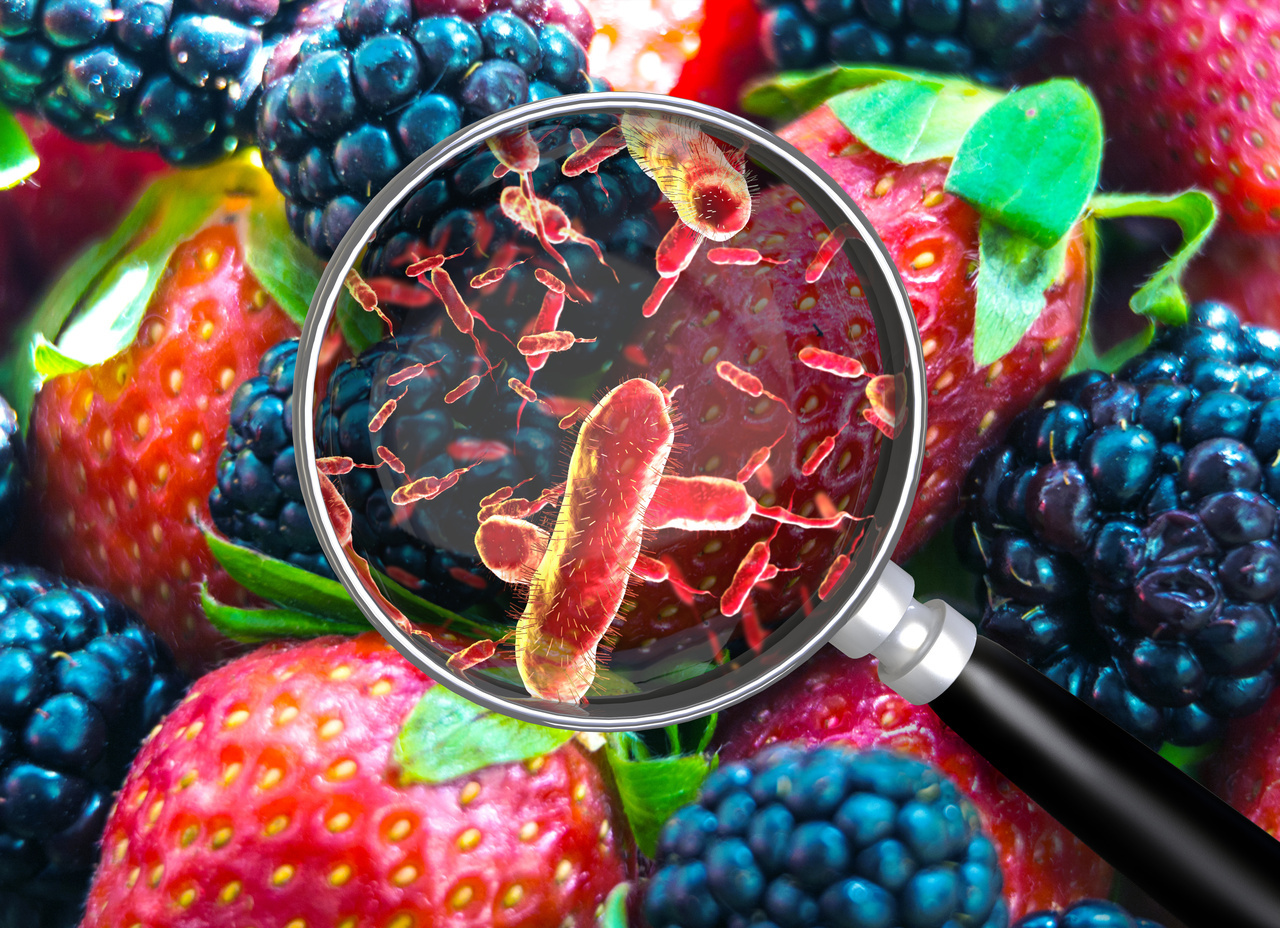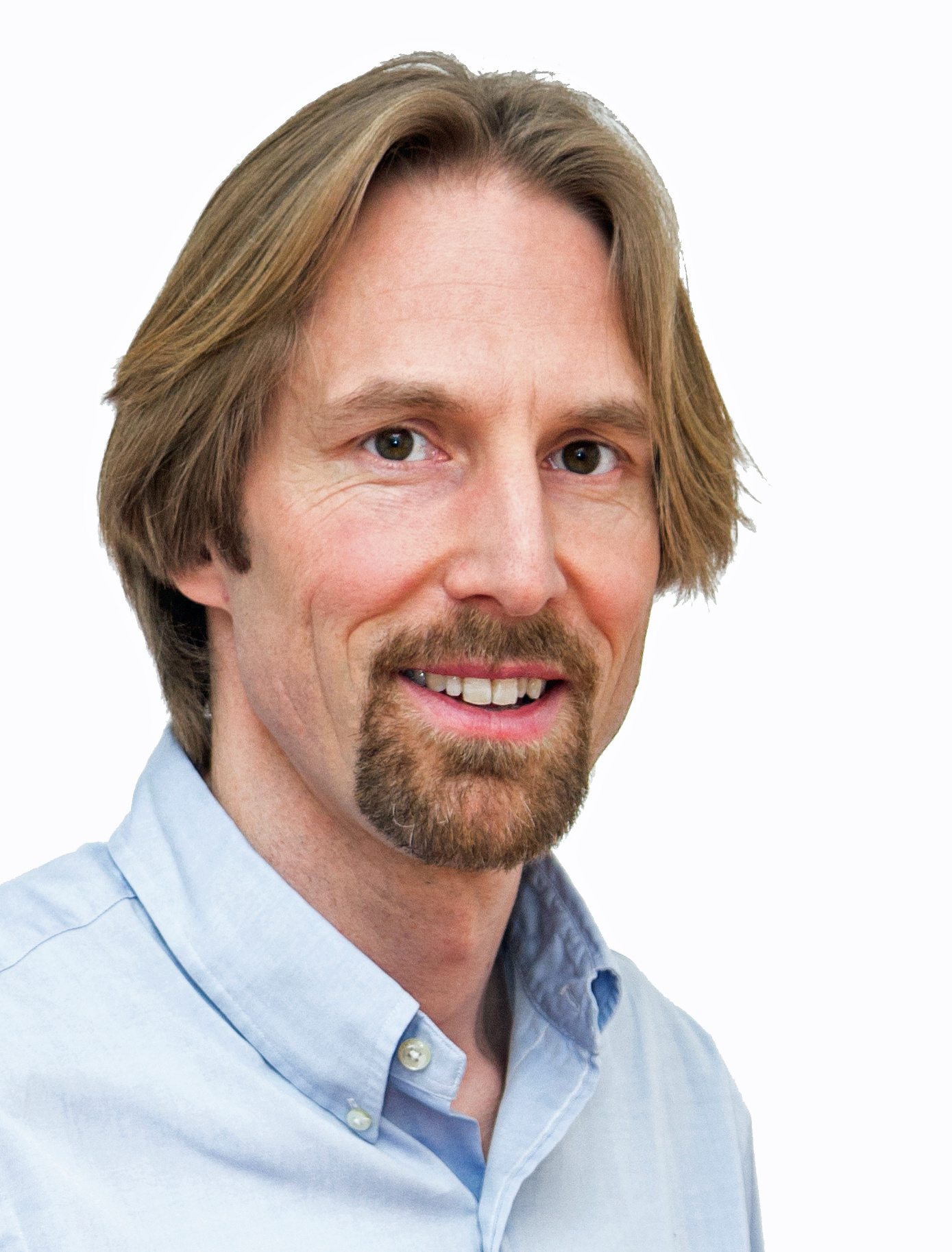Foreign bodies, food safety culture, and future challenges with Wolfgang Moritz

 As the food industry continues to evolve under the weight of rising consumer expectations, regulatory scrutiny, and global disruptions, one issue remains persistent: food contamination. At the upcoming European Food Sure Summit in Madrid, Wolfgang Moritz, Head of Quality Control at Wander, will share his insight in foreign body management. We spoke to him ahead of the Summit.
As the food industry continues to evolve under the weight of rising consumer expectations, regulatory scrutiny, and global disruptions, one issue remains persistent: food contamination. At the upcoming European Food Sure Summit in Madrid, Wolfgang Moritz, Head of Quality Control at Wander, will share his insight in foreign body management. We spoke to him ahead of the Summit.
Contamination and food safety culture
“Foreign body contamination isn’t a one-off issue—it’s a daily challenge, and one which touches nearly everyone who is producing food”, Wolfgang explains. “It’s an old story, in a way. Even the first producers had to talk about contamination. But it’s changing, we know more than we used to know because we have better detection equipment, and the rules are getting stricter, which is good.”
In a world where consumers expect both minimal food contamination and minimal food waste, getting it right is paramount. “It pains me but I often have to throw away food”, Wolfgang says, “when we are not sure if it is 100% clean, because oftentimes you cannot improve a product that has gone wrong. Getting it right is very important for us.”
This vigilance, he emphasizes, must be shared across the entire organization – a strong food safety culture is essential. “It’s not just the quality control team we have to rely on. You need to have a common understanding of everyone in the factory to know what we are talking about when we talk about foreign bodies. If they don’t report problems, it’s hard to fix them. And it’s not just on the shop floor, but at management level too.”
And it’s not a culture that can be built overnight: “it’s a never ending task”, reminds Wolfgang.
Technology: A Double-Edged Sword
Wolfgang acknowledges the leaps in detection technology, in particular more specialised, analytical systems, faster machines, and more sensitive sensors, and the positive impact this is having on the market.
However, he recognises the limitations:
No detector works to 100% accuracy. Some materials or products are very heterogeneous meaning even good software today cannot differentiate them. And the systems can be so complex that users need outside help just to operate them.”
The balance between false positives and false negatives also remains a constant struggle: “You want to have as low as possible detection limit, but you can’t risk discarding too much good product.”
Broader challenges
While foreign body detection is a key focus, Wolfgang is equally concerned about emerging chemical contaminants. “We know more now about residues like PFAs and microplastics. They’re everywhere, and they’re incredibly hard to eliminate.”
He also warns of looming supply chain vulnerabilities. “Climate change, political disruption, and short-term planning make raw material sourcing a real challenge. Our industry runs on very short time frames, we plan from one day to another. We’ve seen it with COVID—missing one ingredient can shut down a factory.”
A collaborative future
Despite the challenges, Wolfgang is optimistic about the future.
I see more interaction of different players across the food chain — increasing coordination between producers, retailers, and consumers”, he says.
“This is certainly the case in Switzerland, where there’s growing support for regional and small-scale production. That makes the industry more resilient to changes from abroad.”
He also believes consumers have a role to play: “They guide the industry in the long run, even if they don’t realize it. A conscious, responsible consumer can drive real change. But of course, not everyone is engaged. Some care deeply, others not at all.”
What to Expect from Wolfgang’s Session
Wolfgang hopes attendees will leave his session with new ideas for improving their processes, as well as a sense of solidarity.
I’m looking forward to feedback from the audience on how they view these things – today we have issues about food waste, but on the other hand consumers have the justified expectation to have as few foreign bodies as possible, and there are no set standards, so basically we are talking about zero. It’s very challenging.”
“Sometimes it helps just to know others are facing the same problems,” he says. “And hopefully, we can continue a real discussion about where we want to go as an industry.”
Don’t miss out on Wolfgang’s presentation at the European Food Sure Summit in Madrid. Book your place here.





Please sign in or register for FREE
If you are a registered user on The FSQ Network, please sign in